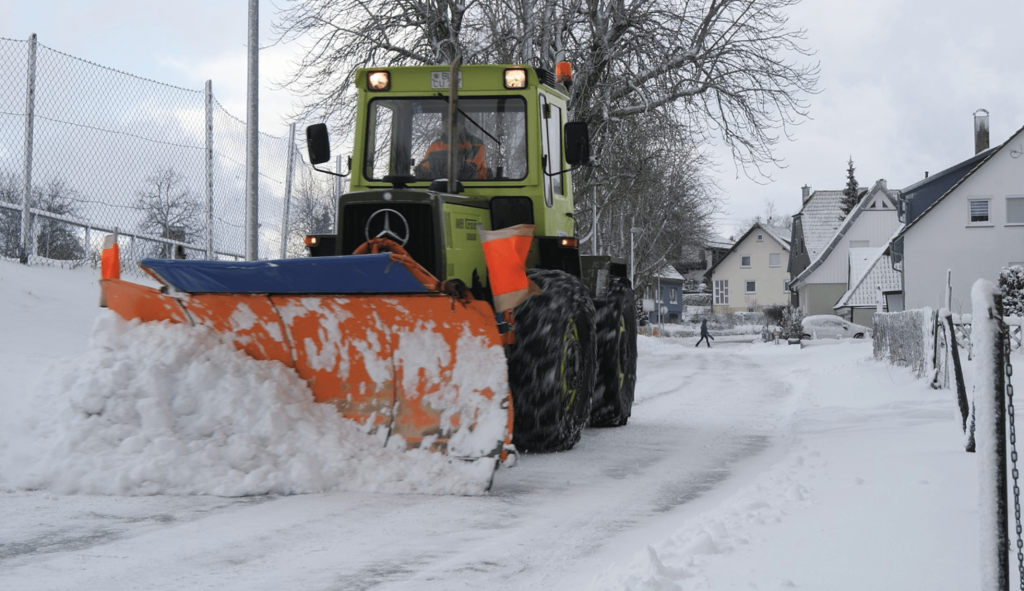Baby, it’s cold outside!
We aren’t even into December yet, but much of the country has already seen frigid temperatures and huge snowstorms this fall.
So, predictably, some climate change deniers and skeptics have rushed out (as they are wont to do) and cried from the rooftops that global warming and climate change don’t really exist. Just look at this cold, snowy weather we’re having…right?
WRONG. These short-term bouts of unusually cold weather don’t really have any effect on long-term temperature averages. Let’s look at the reasons why.
If you’ll recall, a polar vortex developed in early 2019 and then split apart, sending a swath of cold air to the Great Lakes region. Amy Butler, an atmospheric scientist at the Cooperative Institute for Research in Environmental Sciences, explained it this way, “Like a rock in a stream—in this case, the jet stream—[the polar vortex lobe] helped keep the jet stream pushed southward, which encourages cold air to be transported from Canada and the Arctic into mid-latitudes.”
The split polar vortex and other factors combined to create these cold conditions in early 2019, and some experts believed that the cold temperatures wouldn’t last long. And although the frigid conditions were uncomfortable and seemed to last a long time, the average monthly temperatures last December and January were actually above average for that time of year.
In other words, random cold spells will always take place and weather is chaotic, but that does not mean that climate change isn’t occurring right now as we speak. Zachary Labe, a climate scientist at the University of California, Irvine, said, “The weather frequently changes from day-to-day or even hour-to-hour, while changes in our climate occur in the long-term, such as over 30 year periods. Therefore, we cannot say that one cold outbreak or weather event is evidence for or against climate change.”
And people tend to remember exceptional (read: cold) weather events rather than the normal, average days. But the fact is that winters have been warming. Over the past year, the National Oceanic and Atmospheric Administration recorded 11,404 daily record lows across the globe. But the organization also recorded 21,907 new record HIGH temperatures.
Bob Henson, meteorologist with Weather Underground, said, “That ratio [of record highs to lows] has been getting bigger over the past few decades. Cold doesn’t go away, it’s just less frequent.”






